After more than half a century of research in the field of immunology and endocrinology, knowledge of the impact of hormonal imbalance on aging has increased drastically.
Once the individual’s growth and maturation process is complete, a slow and progressive decline of the body begins, which is accentuated from the end of the 30s onwards.
Some of our hormones begin to decline early, in our 20s, such as DHEA, while others will decline later. At the age of 40, many of them show plasma levels significantly lower than those of the same person at the age of 20. The hormonal theory of aging is based on these phenomena.

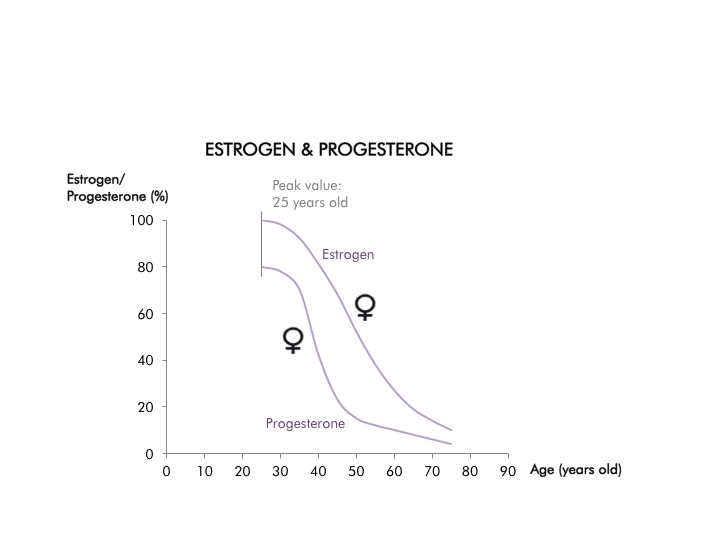
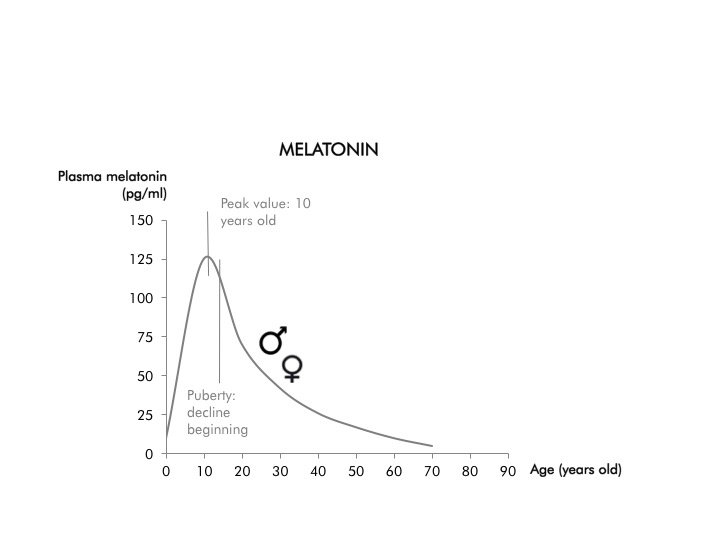
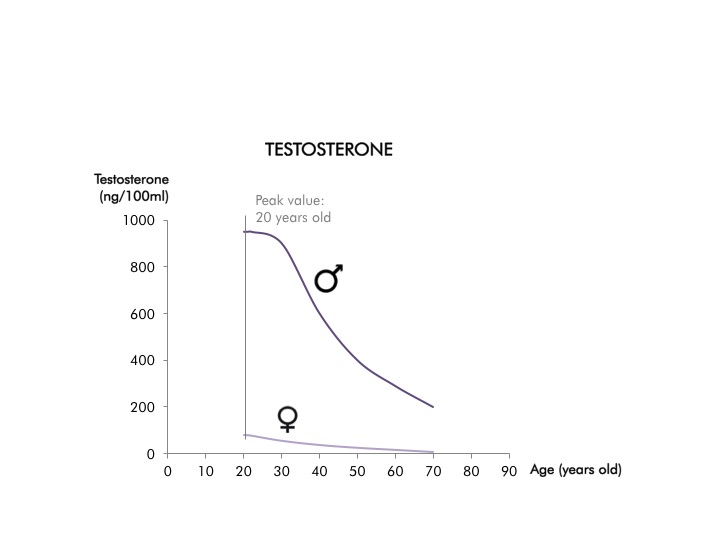
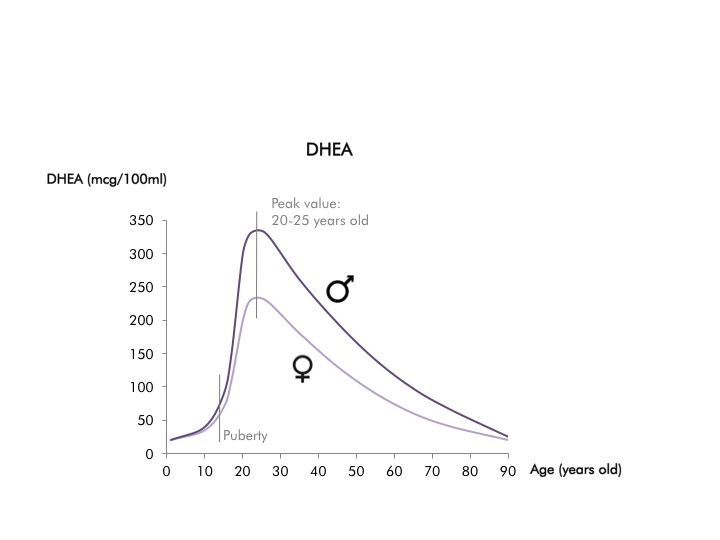
This lack of hormones is linked to multiple signs, symptoms, and diseases related to aging, such as heart disease, diabetes, Alzheimer’s disease, osteoporosis, sarcopenia, or insomnia.
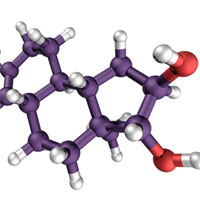
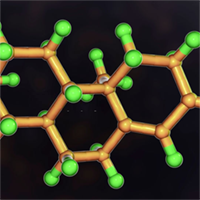
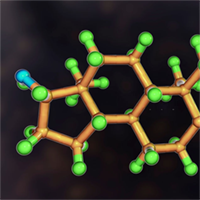
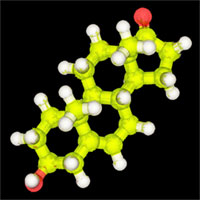
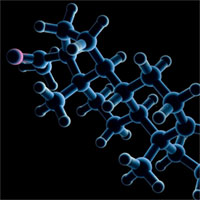
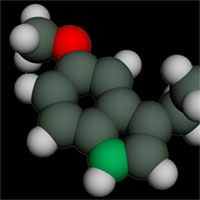
Symptoms suggestive of Melatonin deficiency usually come from poor rest, excessive muscle tension, circadian rhythm disturbances and increased free radical damage:
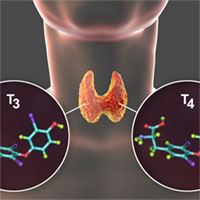
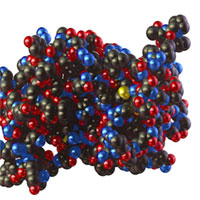

In adrenal fatigue syndrome its levels are initially elevated and finally low in more advanced stages of the disease. Adrenal fatigue manifests itself with symptoms such as:
Cortisol deficiency increases susceptibility to inflammatory diseases such as:
Hormone Replacement Therapy corrects all these imbalances produced by the aging process, providing the body with the vitality, well-being, and energy lost as a result of aging and acting directly on many of the causes of age-related diseases.
The replacement of these hormones at physiological levels (optimal levels, but within normal limits and not excessive) has been shown to help mitigate age-related changes.
Bioidentical hormone replacement therapy is one of the fundamental pillars on which the Neolife Follow-up Programs are based. After the check-up, the medical team will implement a plan of action that will include, if necessary, the replacement and/or control of certain hormone levels.
No posts found!
Take a look at the website of our sponsors. There you can download useful programs for free [su_button url=”http://bit.ly/3WPKM1F” size=”4″ radius=”20″]Visit[/su_button]
Visit our sponsors. You can find many useful programs for free from them [su_button url=”https://bit.ly/3WPKM1F” size=”4″ radius=”20″]Visit[/su_button]
|
|